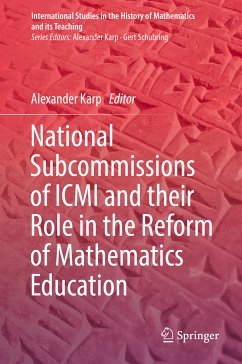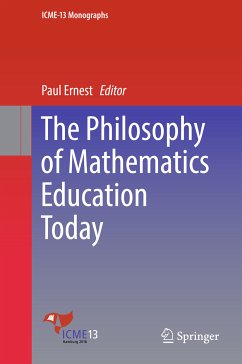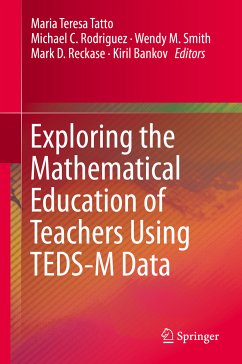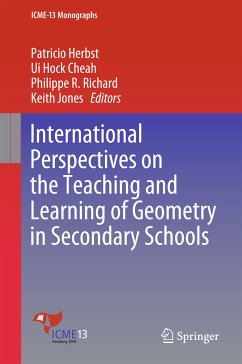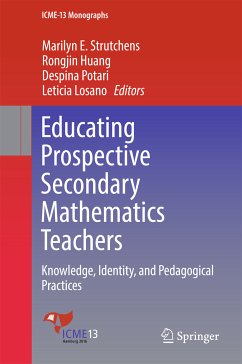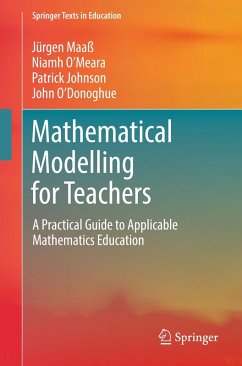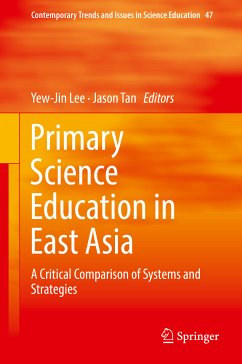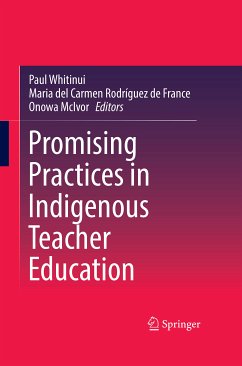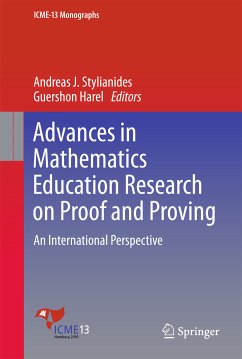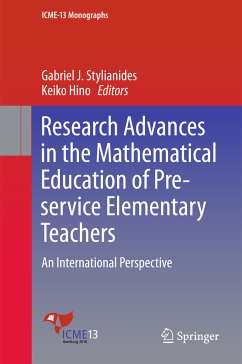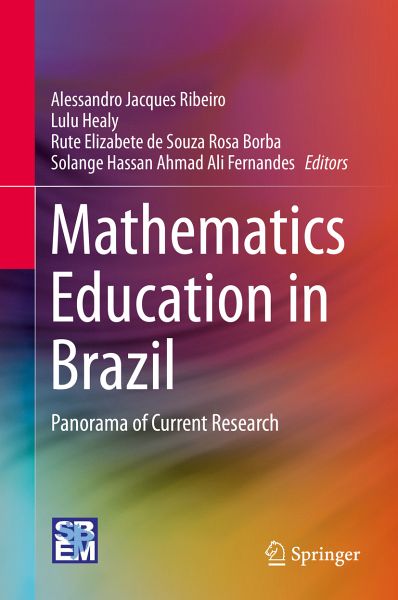
Mathematics Education in Brazil (eBook, PDF)
Panorama of Current Research
Redaktion: Ribeiro, Alessandro Jacques; Fernandes, Solange Hassan Ahmad Ali; Borba, Rute Elizabete de Souza Rosa; Healy, Lulu
Versandkostenfrei!
Sofort per Download lieferbar
72,95 €
inkl. MwSt.
Weitere Ausgaben:

PAYBACK Punkte
36 °P sammeln!
Presents for the first in English an overview of the research developed by the strongest Mathematics Education community in Latin America
Covers a wide range of topics, including educational technologies, teacher education, cognitive and linguistic processes, philosophy and history of Mathematics Education
Provides useful resources for international and comparative studies in Mathematics Education
Covers a wide range of topics, including educational technologies, teacher education, cognitive and linguistic processes, philosophy and history of Mathematics Education
Provides useful resources for international and comparative studies in Mathematics Education
Dieser Download kann aus rechtlichen Gründen nur mit Rechnungsadresse in A, B, BG, CY, CZ, D, DK, EW, E, FIN, F, GR, HR, H, IRL, I, LT, L, LR, M, NL, PL, P, R, S, SLO, SK ausgeliefert werden.



